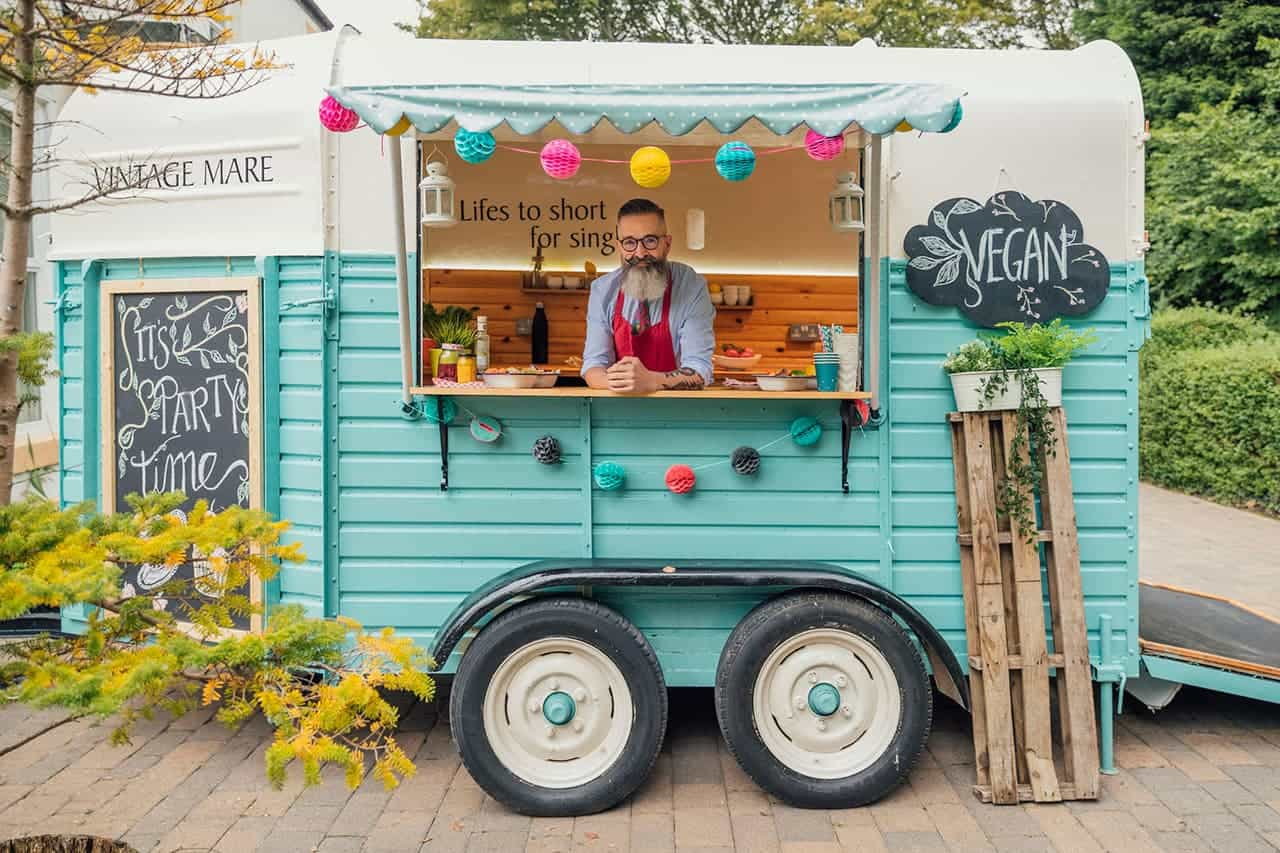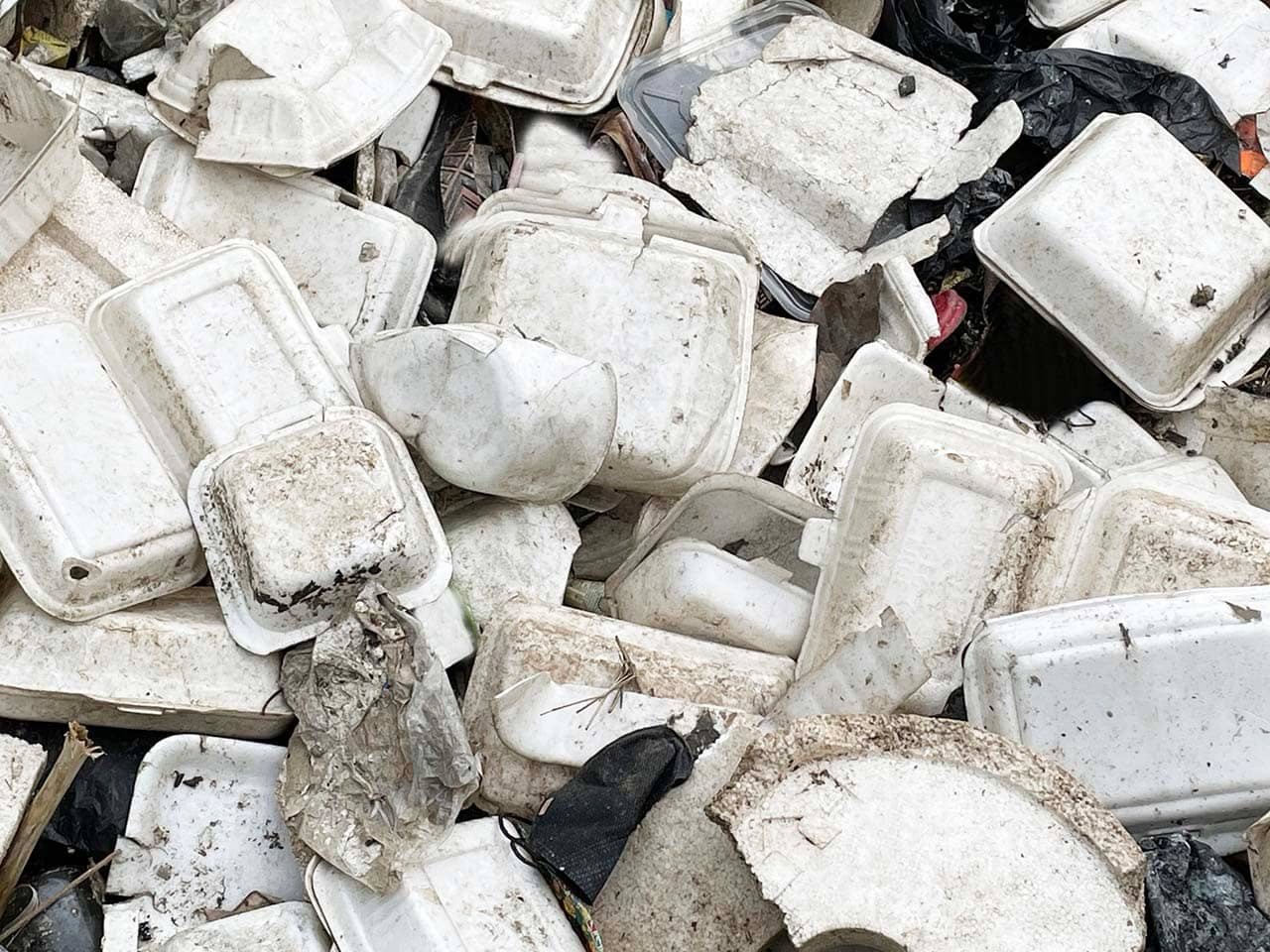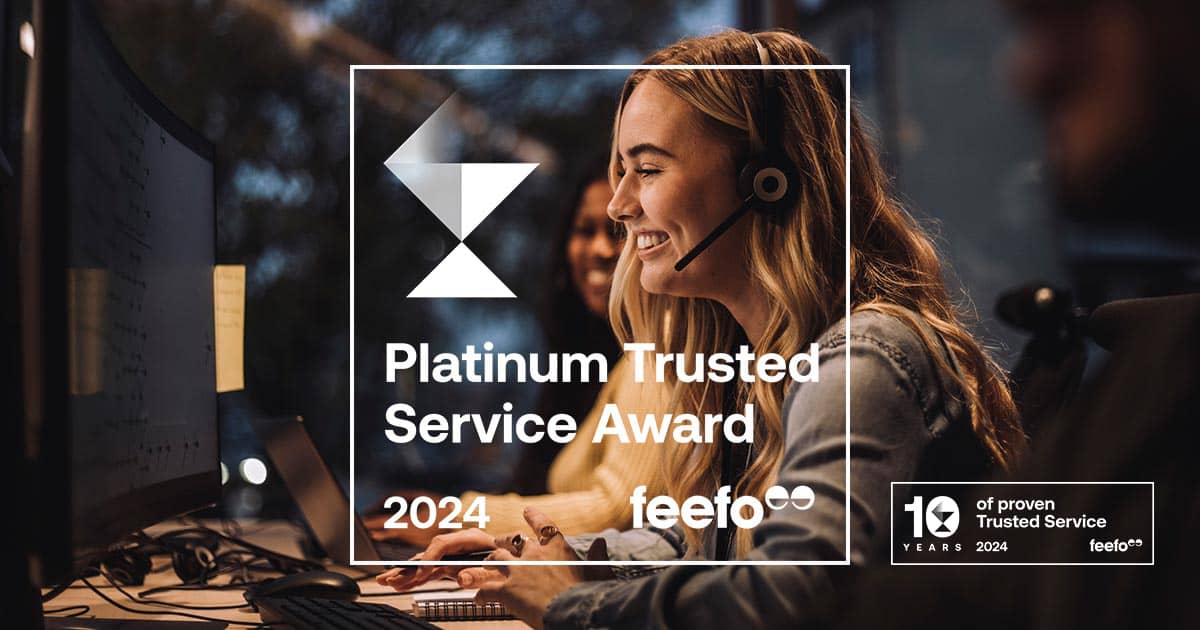The catering industry and specifically mobile catering businesses in England and Wales are set to see some big changes in the coming months after an announcement from the government that will see the roll out of a ban on the use of some single use plastics. The ban is set to come into force in October 2023, meaning that by Autumn, any mobile catering businesses that use certain single use plastics will need to make changes to the way they prepare and serve their food in order to ensure they continue to operate within the law.
This move towards removing single use plastics is part of a UK wide drive to encourage all of us to live more sustainably. With eco-friendly alternatives to many single use plastic products now available, this will be a great way to bring all mobile catering businesses up to the same level when it comes to ensuring they are using sustainable products – something that appears to be more and more important to customers now too.
Catering businesses in Scotland and Northern Ireland have been subject to a single use plastics ban on similar products for some time now after their governments rolled out bans in 2022 and 2020 respectively.


















